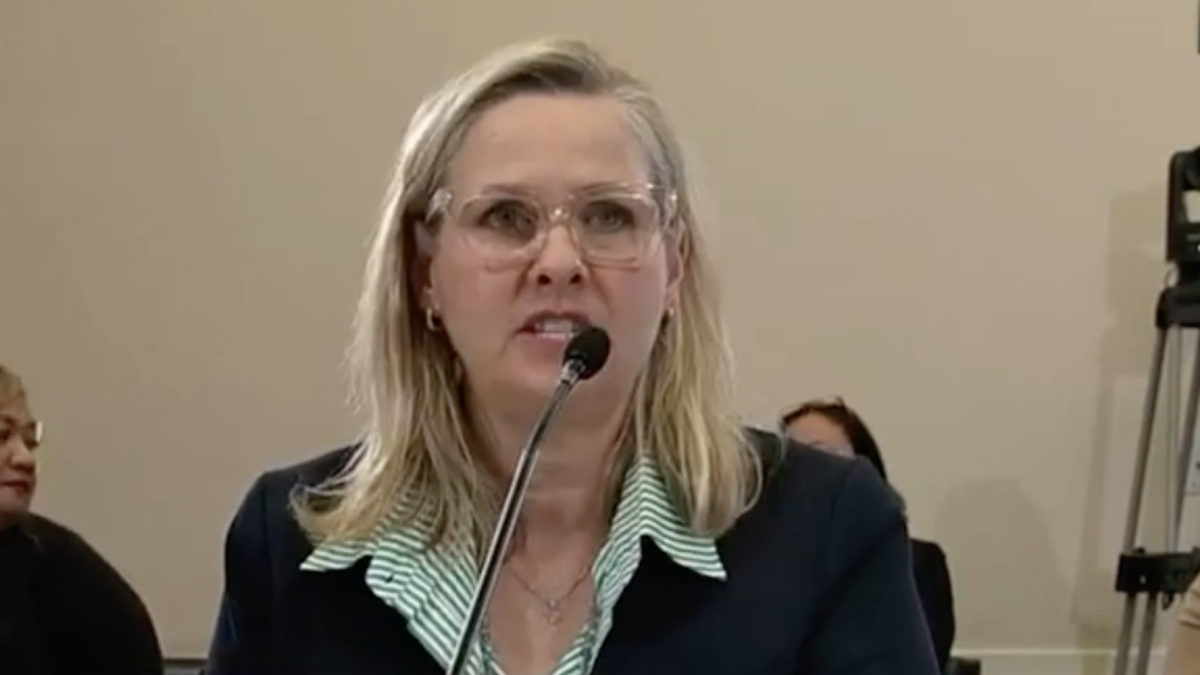
When The New York Times decided to run an opinion article from a black law professor asking whether his children can be friends with white children, the response was swift and predictable. It was outrage. Some called it textbook racism. Some even compared the professor, Ekow Yankah, to white nationalist Richard Spencer. Likewise, the Times had scorn heaped upon it for running the article.
My own reaction was somewhat different. Yes, the piece is provocative and clickbaity. No, I am not comfortable with any parent advising his children to be wary of other children on the basis of their race. But after several years of writing from a conservative, white perspective on race, I noticed something else that confirmed a familiar pattern.
Very few detractors took the time or effort to look at this piece in a nuanced way, to see if, even though they vehemently disagree with the conclusion, they can learn something from how the conclusion was reached. That was the spirit in which I read the article and I was rewarded for it. In fact, something lurking in my own work about race jumped out at me in this paragraph:
Let me assure you that my heartbreak dwarfs my anger. I grew up in a classic Midwestern college town. With all its American faults, it was a diverse and happy-childhood kind of place, slightly dull in the way that parents wish for their children. If race showed in class lines, school cliques and being pulled over more often, our little Americana lacked the deep racial tension and mistrust that seem so hard to escape now.
When I read that, I knew even before I googled him that this man was my age. I knew he was describing the ’80s and ’90s of my childhood and teen years that our pop culture is so nostalgic about these days. I knew that I share his heartbreak at the brutality of today’s racial tensions, which we thought we had left in the dark past of police dogs and firehoses.
Put simply, Generation X didn’t see this coming. This is not the tone we read in Ta-Nehisi Coates or Jamelle Bouie, who came of age in a much different time. For the millennial black intelligentsia, today’s racial situation is no surprise. It is the inevitable result of an unbroken, sinister white supremacy that has always haunted America.
But it isn’t unbroken. For a time the fever of racial disharmony did break, or at least cool down. Those of us, like Yankah, who grew up in that time have seen that promise of greater equality and integration evaporate under the new heat.
When I considered what could make this heartbroken black man take, what to my view, is an illiberal, maybe even bigoted, viewpoint regarding his kids’ friends and their safety, some scenarios popped into my mind. I imagined his black kid as a teen, hanging out with white friends, getting into trouble with police, and receiving worse treatment from the criminal justice system. This doesn’t strike me as an irrational fear.
I imagined his black kids being assured they weren’t like other blacks; they were middle-class, well-educated, but perhaps still fetishized when the white kids listened to and talked about hip hop. That didn’t strike me as irrational.
I imagined his black kids being told they only got into a good school because of set-aside programs. There are more examples. The point is that today’s moment is so racially charged, unlike the early ’90s of our high school years, that it is hard to imagine that being black is not front and center to the experience of today’s young black people.
Anger Is Easy. Forgiveness Is Hard
I have written thousands of words about how the Left, through misusing privilege theory and overusing identity politics, has made the current racial situation much worse. I have written thousands of words about how white people and specifically conservatives are too deaf to the legitimate concerns of America’s black population. Both of these things I firmly believe are true.
But if we are to move forward—or maybe it’s backwards—towards a time more like the ’90s when we could talk to each other, understand and love each other more freely, we need to make changes. Those of us of every race and political perspective must stop looking at everything written about race as an opportunity to call the other side the real racists. We must listen, respectfully, even when we feel attacked. We must find a way to be that thing so desperately missing today: dispassionate.
I felt a kinship to Yankah. I also felt a fear that if his son and mine were in the same class, they couldn’t have the kind of relationship I had with black friends growing up. I felt a little angry at him at the idea that he would warn his children about my white son. But then I realized many white parents have been warning their kids about black people for hundreds of years. In the classic reversal-of-privilege style, I now felt the angst and anger over the idea that my child could be held suspect because of the color of his skin.
Try Talking Before You Scream
The easiest and most useless way to react to dialogue about race that makes one uncomfortable is to throw stones, to cry racism, and to find the worst example of prose in an article and pretend it is a synecdoche for the whole thing. In this case, Yankah’s phrase, “I will teach my boys to have profound doubts that friendship with white people is possible,” is the idea being tarred and feathered. But let’s break it down. He isn’t saying they can’t be friends. He’s saying he has doubts about it. In today’s climate, how can he not?
I disagree with much in Yankah’s article. But I have never been black in a society that has a tradition of horrible racism. I would never teach my son he couldn’t be a friend with anyone based on his race. I also wonder how Asians, Latinos, and others fit into his framework. But as a fellow Gen Xer, who shared his experience in either a more enlightened or naïve time, I have no interest in tearing him and his ideas down.
I’d rather talk to him, understand that his concerns are mirrored by millions of black Americans, and listen to them. Will I wind up agreeing? Probably not. But that’s okay. Respect is not built upon agreement. It is built on trust that the other person is speaking in good faith.
I believe this article is written in good faith. I feel enlightened for having read it. I also feel more committed to working to ensure that his children and mine reach their 40s having regained the ground on racial harmony we have so sadly lost.







